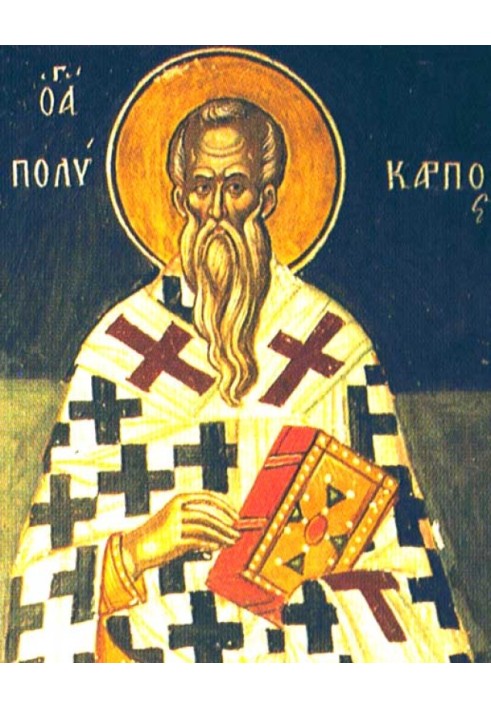Epistle to the Philippians
 Instant download
Instant download
after payment (24/7)
 Wide range of formats
Wide range of formats
(for all gadgets)
 Full book
Full book
(including for Apple and Android)
Oh St. Polycarpe has preserved quite a lot of information thanks to the messages of his disciple - St. Irenaeus of Lyon. However, the dates of his life are quite difficult to establish. He was most likely born ca. 70 (although ca. 80 is possible) and approx. 110 was already Bishop of Smyrna. From St. Polycarp's only one Epistle to the Philippians has reached us, although there is evidence that his literary activity was by no means limited to this one epistle. Following P.N. Garrison, most researchers are inclined to assume that this message is actually a synthesis of two messages: already in the ancient manuscript tradition they merged, and the smaller message began to form the current 13th chapter of the Epistle to the Philippians (See the preface to the decree, ed. : Ignace cTAntioche. Polycarpe de Smyrne, p. The dogmatic content of this work (or rather, two works) is very poor; it is primarily a “pastoral epistle” entirely devoted to ethical issues. Certain polemical features are not alien to the message, for here St. Polycarp exhorts the Philippian Christians to serve God “in fear and truth” and to abandon “the vain talk and error of many” (chapter 2). Apparently, this warning (as well as similar ones found in the epistle) is directed against the docetic Christology of the “pseudo-gnostics,” since it further says: “Whoever does not recognize the testimony of the cross (το μαρτύριον του σταυρού) is of the devil; and whoever interprets the words of the Lord according to his own desires and says that there is neither resurrection nor judgment, he is the firstborn of Satan” (chapter 7).
Data sheet
- Name of the Author
- Поликарп Смирнский
- Language
- Russian












